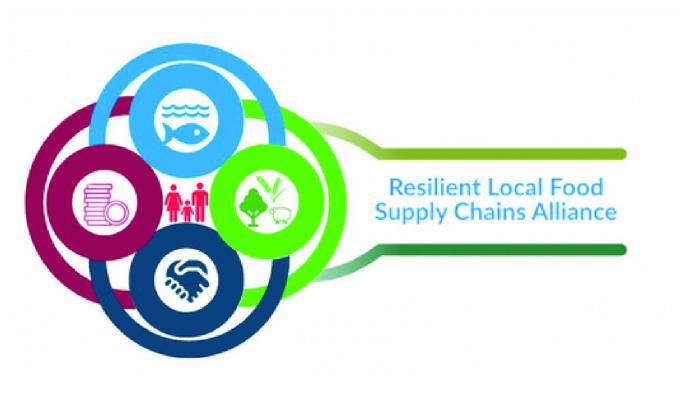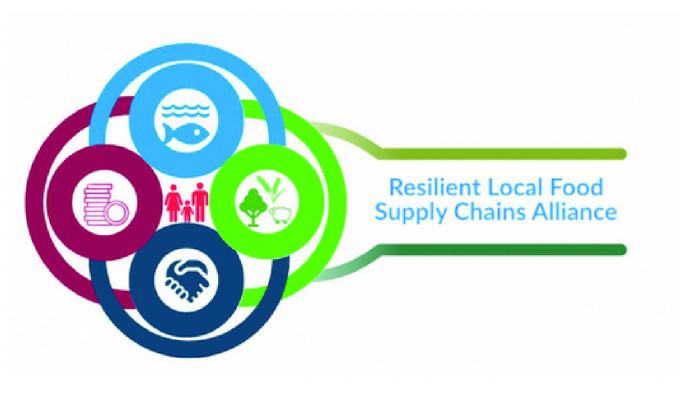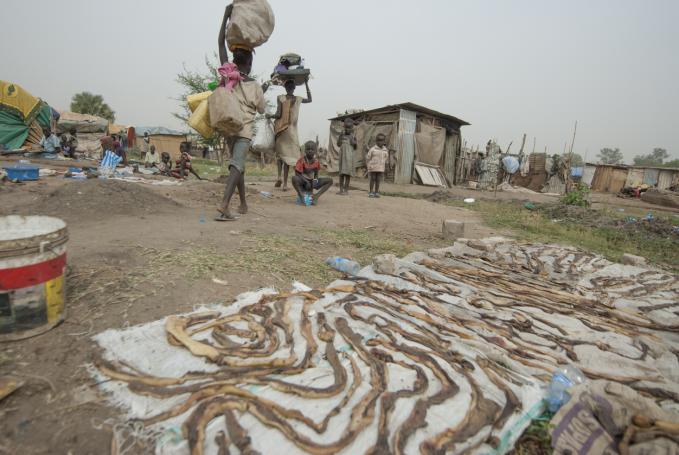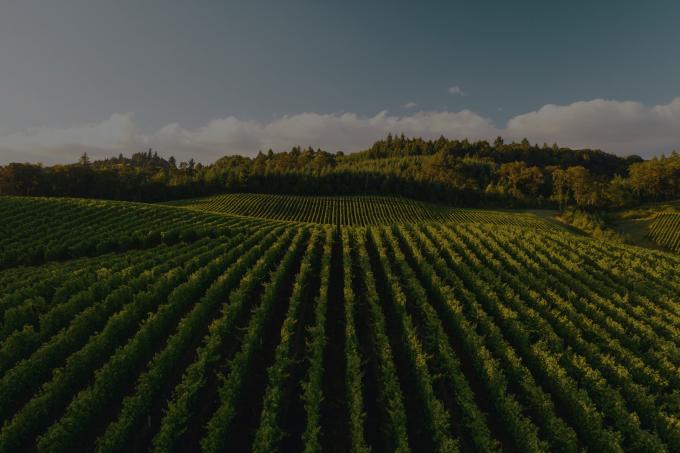STORIES
The power of seaweed against unemployment and pollution
In the Nador region, northern Morocco, a local project transforming algae into biostimulating fertilizers tackled two problems at the same time. And it could extend benefits to all of Africa.
Morocco
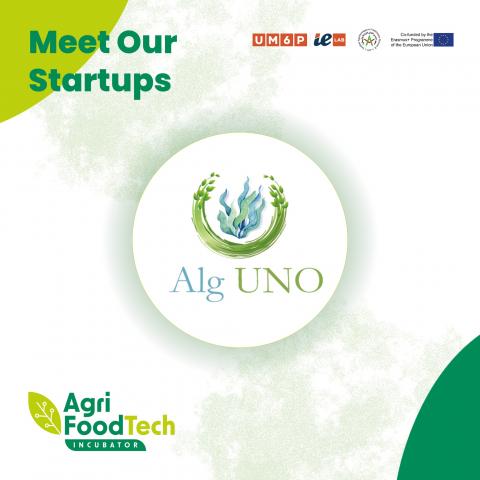
Farmers, fishermen, and the local community of the Mediterranean Nador region, located on the northern shore of Morocco, were facing two main problems: lack of income-generating activities (and also low income, especially for women) and soil pollution, along with groundwater contamination. The reason was the widespread use of chemical fertilizers that disrupted underwater life due to the imbalance of nitrogen flow into the oceans and contaminating the soil, thus resulting in more challenging times for everyone connected to fishing and cultivation.
"The local community of the Nador region, was facing two main problems: lack of income-generating activities along with groundwater contamination."
Alguno, a local project led by Abdelilah Hammada, then triggered a fundamental change. It is the first in Morocco to focus on the commercialization and transformation of seaweed (algae)—abundant in the Marchica lagoon facing the Nador coastline—into a biostimulating fertilizer, whose valorization and benefits were unknown to the local population. The abundance of nearby algae in the Marchica lagoon also allowed to keep costs low and sell the fertilizers at a competitive and profitable price.
Biostimulating fertilizers, while completely sustainable for the environment, contain everything a plant needs to grow: the macro elements such as azote and potassium, the oligo elements like bor, manganese, and iron, along with vitamins and growth hormones. They also improve soil water retention capacity, increase soil bacterial population, improve rooting, stimulate growth, and enhance the coloration of the foliage.
This process of algae transformation immediately tackled unemployment, by involving the community in the transformation and commercialisation activities, integrating also innovative green technology in the production phase. Fatima, a local farmer, shared how switching to these biostimulating fertilizers improved her crop yields and revitalized her land, inspiring more women in her community to participate. Activities highlighting the importance of algae on human health and their socioeconomic impact have been implemented, in order to raise awareness.
"Algae transformation tackled unemployment, by involving the community in the transformation and commercialisation activities."
The goal of Alguno was not only to help the local community but even to export a symbiotic model that can induce sustainable development through its production phase in Morocco and Africa, through government support and contacts with green companies in the continent, in a B2b logic. Promoting biostimulating fertilizers can also be achieved by taking advantage of the global trend towards organic products, which is strictly connected to the demand for organic fertilizers. Due to their ecological benefits, products derived from algae have great export potential, particularly in Europe and Asia. This presents a promising opportunity for expansion into international markets.











